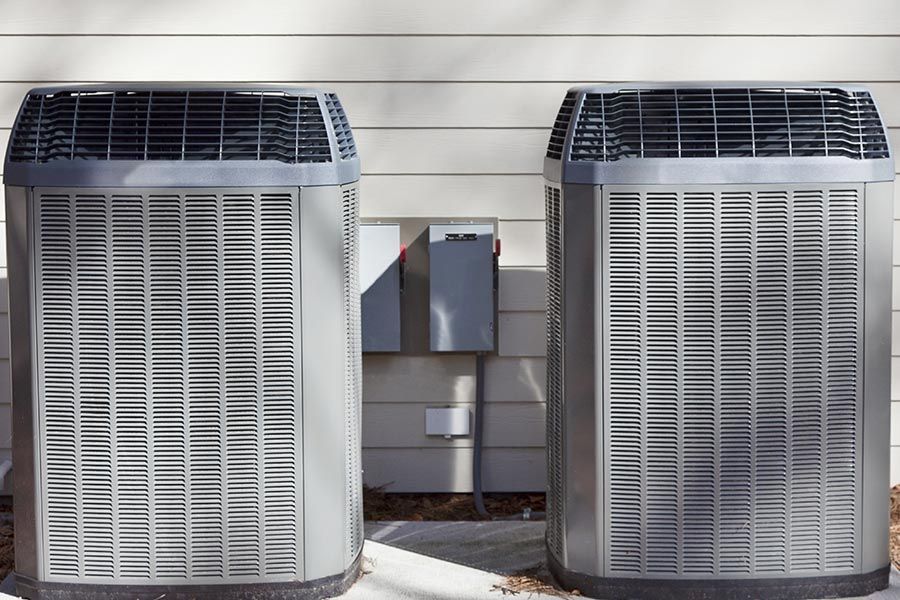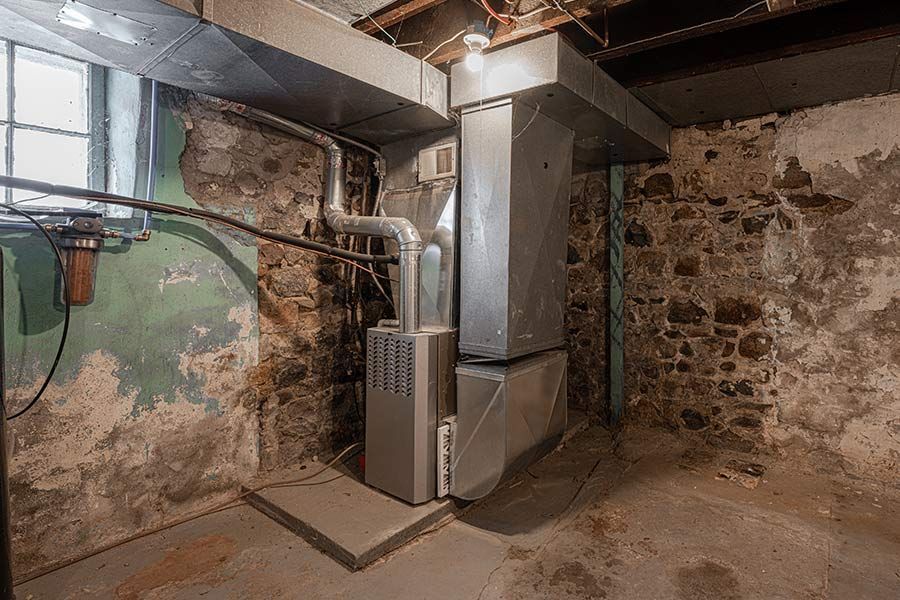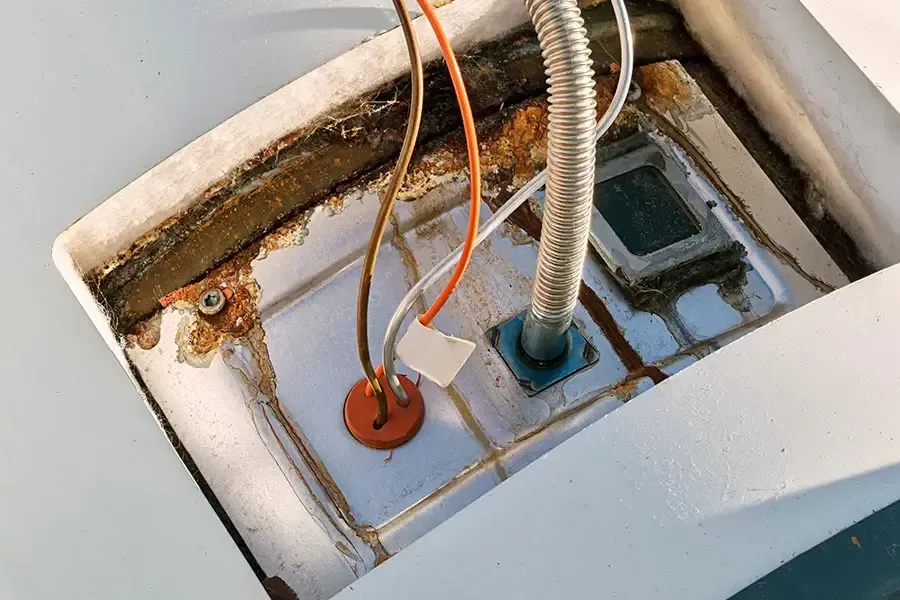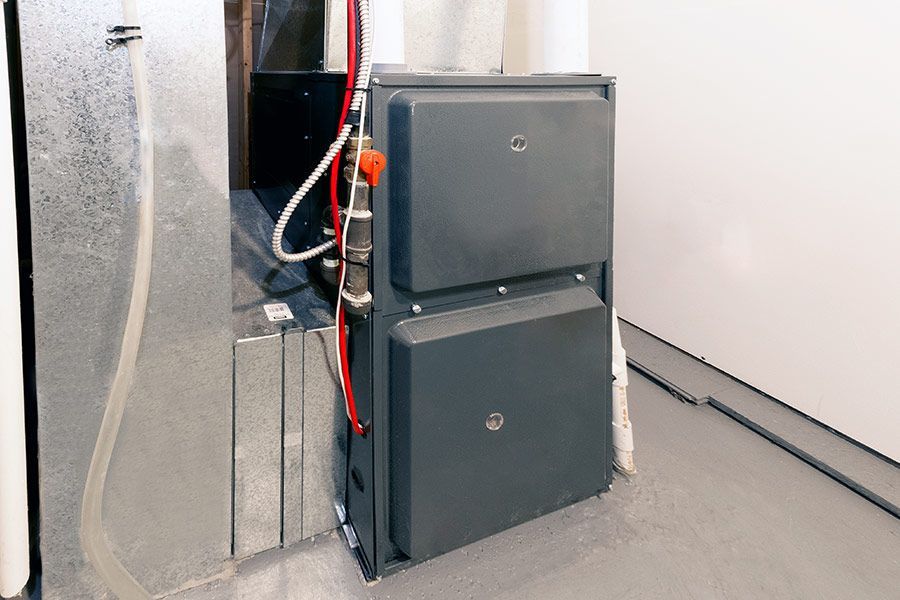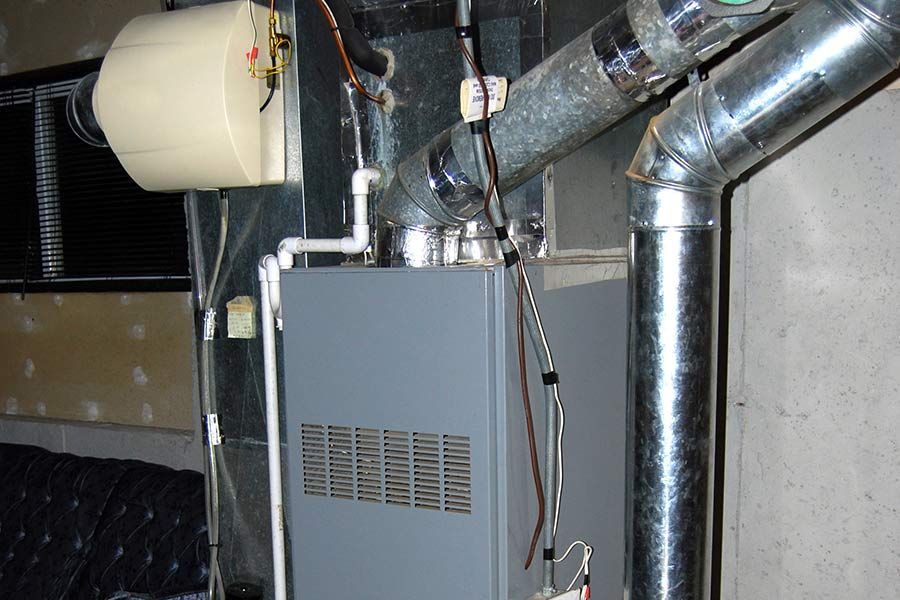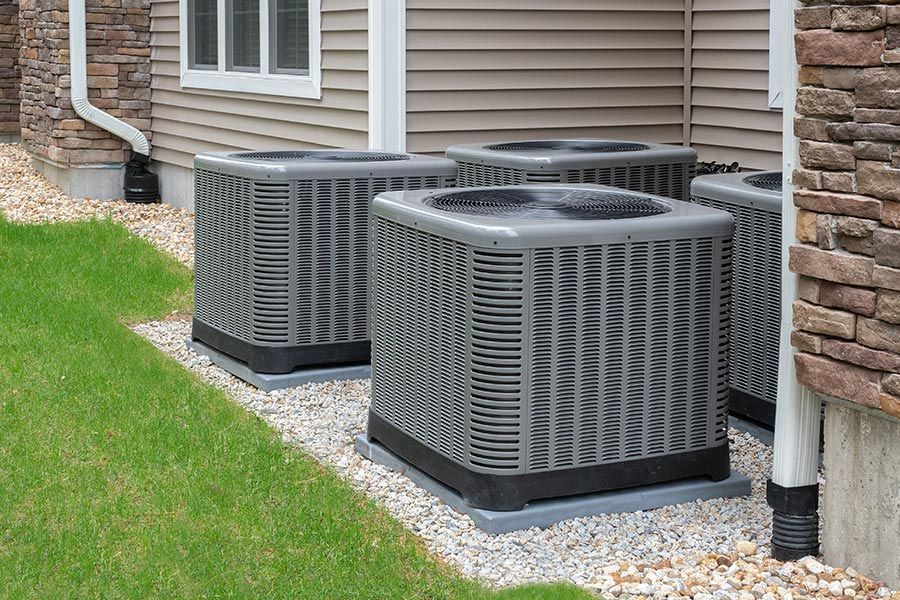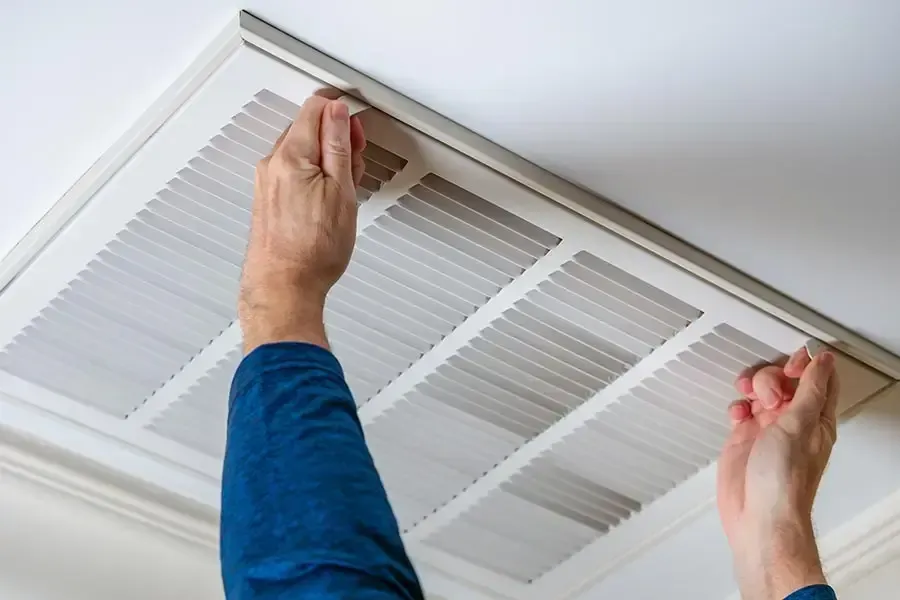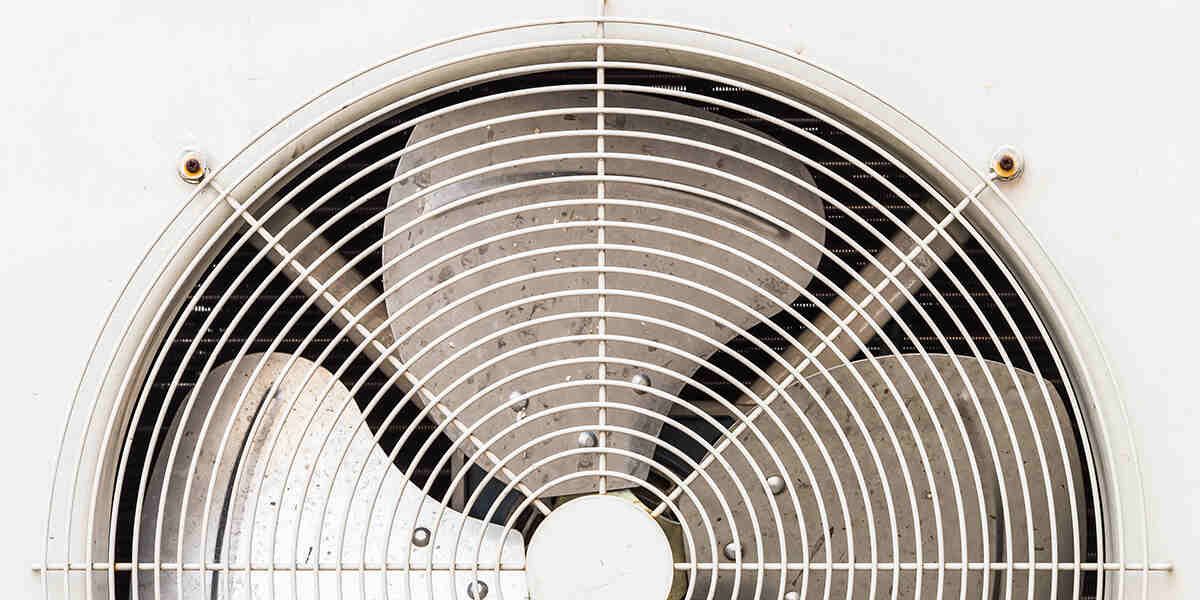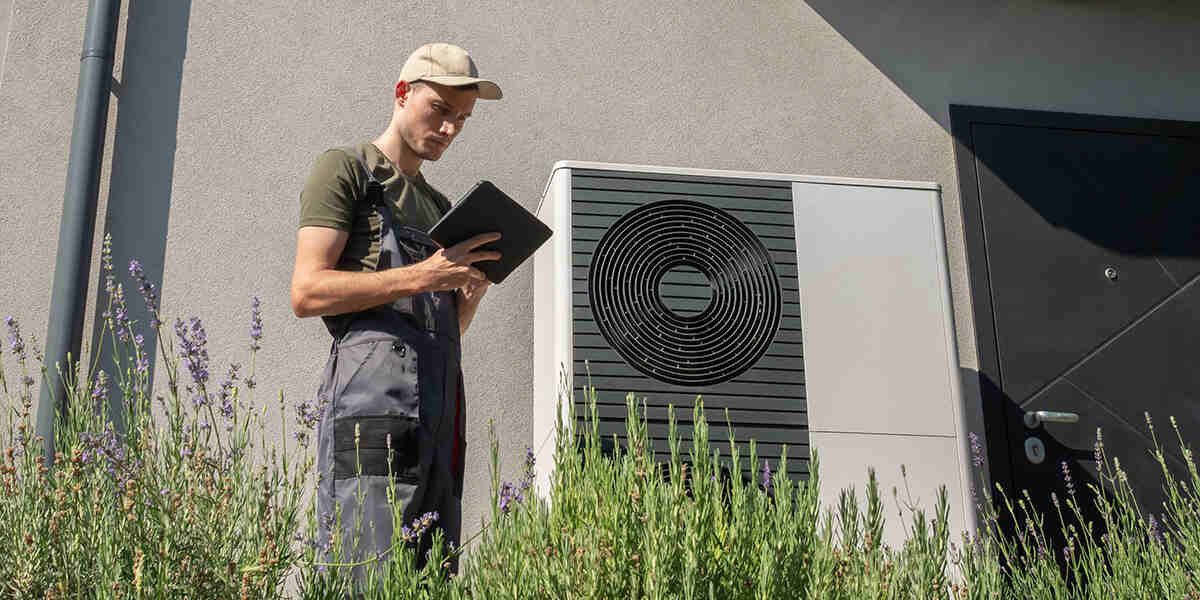We're Not Comfortable Until You Are
How Do You Measure Water Hardness and Why Is It Important?
Like many Montana residents, you probably have hard water in your plumbing system. You may have heard the term “hard water” without knowing it refers to a mix of calcium and magnesium ions in natural water. This name comes from the fact that using hard water makes cleaning more difficult.
Untreated hard water can cause you to waste more time cleaning while damaging your skin and hair. The aforementioned minerals can also build up in the pipes and appliances throughout your home as hard water runs through them constantly, eventually causing clogs.
The best way to measure water hardness in your home, thus determining whether you need to install a system that will remove it, is to either test it yourself or call in a plumbing professional to help. Today, the expert plumbers at Premier Systems will break down the importance of hard water awareness, how to measure your exact levels, and steps to resolve the problem.
What Is Water Hardness?
As explained previously, hard water is due to the presence of calcium and magnesium. Hard water makes cleaning difficult because when soap mixes with it, the minerals combine with the cleaning agent to create a solid.
This unusable solid results from a bond between soap particles and calcium and magnesium ions. Any cleaning agent you add to the water will not lather and clean until the soap and ions bond to create this solid.
Thus, using hard water will cause you to waste soap, as half of whatever you add to the water will bond with the magnesium and calcium ions before you get a usable remainder. This problem affects routine cleaning, showers, hand washing, etc.
Magnesium and Calcium Carbonate vs. Non-carbonate
Chemists divide water hardness into carbonate and non-carbonate categories.
Carbonate hardness (a.k.a. “temporary hardness”) means you can lower the magnesium and calcium levels in your water through boiling. At high temperatures, the magnesium and calcium turn into solids and sink, making them easier to remove. However, because the ions change form rather than disappear, they will create a film on common appliances such as water heaters.
Non-carbonate hardness (a.k.a. “permanent hardness”) refers to the presence of calcium and magnesium nitrates, sulfates, or chlorides that don’t turn into solids when you boil them. Because you cannot lower hardness levels without a water softener, hard water will eventually cause your pipes and appliances to clog if enough minerals build up inside them.
Why You Should Measure Water Hardness
Here’s why you should measure water hardness at home to help decide whether you need water softener installation in Bozeman.
1. Hard Water Can Damage Your Skin and Hair
If you have dry skin and dull hair, you may have a hard water problem. Hard water leaves a mineral residue that damages skin and hair, especially if you have sensitivity issues. This mineral residue is impossible to remove unless you change the water you use to shower.
2. Soaps and Detergents Are Less Effective
Because of the solids resulting from the bond between soap and minerals in hard water, you will waste a significant amount of cleaning agents when using hard water. You will also find cleaning more difficult.
3. Hard Water Reduces the Lifespan of Appliances
Hard water leaves residue in everything it runs through, including pipework, faucets, water heaters, and dishwashers. Over time, hard water can destroy these fixtures and appliances from the inside, reducing their effectiveness and causing them to fail much more quickly.
How To Measure Water Hardness
To measure water hardness, you must test a water sample. Most people measure water hardness by using drop count tests or test strips.
- Water test strips: These strips are quite easy to use. All you need to do is dip a strip into your water sample and watch what color it turns. The higher your PPM or GPG concentration (as indicated by matching the color of your strip to the provided chart), the harder your water.
- Drop count test kits: To use one of these kits, you must add three different chemicals to your water sample in sequence. By counting the number of drops it takes to change the sample’s color, you can determine its hardness level. Some people prefer this method as color strips may be difficult to read.
What Concentrations Indicate Hard or Soft Water?
When determining water hardness, people generally measure in GPG (grains per gallon) or PPM (parts per million). The U.S. Department of the Interior and the Water Quality Association classify water hardness by the following ranges:
- 0-1 GPG: Soft Water
- 1-3.5 GPG: Slightly Hard Water
- 3.5-7 GPG: Moderately Hard Water
- 7-10.5: Hard Water
- Over 10.5 GPG: Very Hard Water
We recommend installing a water softener for slightly hard water or above, as the minerals can build up over time in your appliances and damage skin and hair.
Professional Water Softener Installation in Bozeman, MT
After learning how to measure water hardness, you may feel that installing a water softener to control the quality of your water at home is necessary. At Premier Systems, we can help with professional water softener installation.
Our services ensure that you will feel comfortable taking showers at home and increase the lifetime of your appliances and pipes. You will also waste less soap and time cleaning your house and showering. Finally, you can enjoy better-tasting water straight from the faucet, which is great news for families with pets and small children.
At Premier Systems, we take pride in our quality of customer service. Our staff treats every customer with the same respect and kindness that we would our family. We feel dedicated to providing high-quality services, even if it means spending extra time addressing your problem.
If you are ready to install a residential water softener system in Bozeman, MT, after you measure water hardness in your home, call the Premier Systems experts at 406-599-8083 today. For other expert plumbing services, check out topics such as new construction plumbing on our website.
We offer a variety of services to help keep your home running, including AC and heating services, indoor air quality support, HVAC services, and even a membership program.
Useful Links
Our Services
Contact Info
Premier Systems
All Rights Reserved | Premier Systems
All Rights Reserved | Premier Systems

